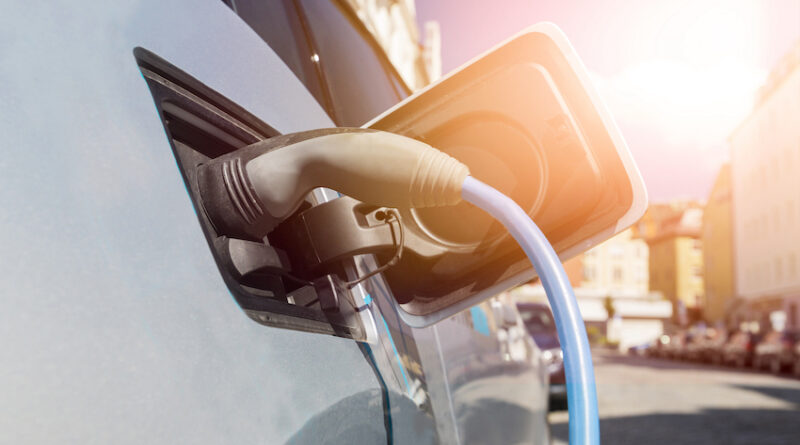More plug-in vehicles to be registered in 2021 than whole of last decade
There will be more plug-in vehicles registered this year than compared to the whole of the last decade combined, according to the latest SMMT forecast.
A total of 271,962 new battery-electric (BEVs) and plug-in hybrid vehicles (PHEVs) were registered between 2010 and 2019. However, the Society of Motor Manufacturers and Traders now expects Britain to break its plug-in records, forecasting that businesses and consumers will take up around 287,000 of the latest zero-emission capable cars during 2021 alone – around one in six new cars.
Based on current forecasts, BEV registrations are also expected to exceed those of diesel by the end of 2022. The forecast also takes into account a generally poor year for new car registrations, some -30% below the average recorded over the past decade.
The SMMT also states that the semiconductor shortage has reduced overall global car production, but manufacturers have done all they can to ensure the availability of as many plug-in vehicles as possible.
Uptake rates of plug-in vehicles began to accelerate dramatically during 2020, as the billions of pounds invested by manufacturers in new technology resulted in the widest ever choice of zero emission-capable cars. More than a quarter of all car models available in the UK can now be plugged in.
Businesses have been particularly incentivised to invest in plug-in cars thanks to a range of tax breaks and grants, meaning around two in every three new BEV registrations this year have been for large fleets.
Mike Hawes, SMMT chief executive, said: “As Britain hosts COP26 and seeks to align the world in committing to achieving net zero and limiting the global average temperature rise to 1.5 degrees above pre-industrial levels, our latest outlook shows the UK experiencing a surge in plug-in vehicle uptake. Massive investment by industry as well as long standing government incentives have seen us go from just 188 new plug-in cars in 2010, to almost 300,000 in 2021.
“To achieve net zero by the desired date, however, uptake rates must continue to grow. This requires ongoing incentives to help consumers make the switch and significant investment in public charging infrastructure. Backed by the ingenuity and innovation of the automotive sector, we can then deliver zero-emission mobility that is accessible and affordable for all.”






